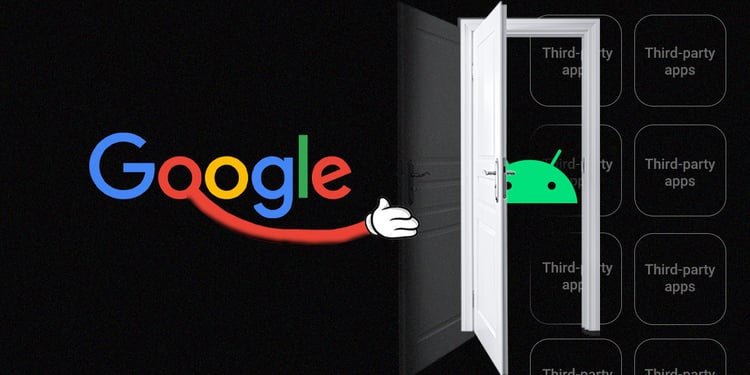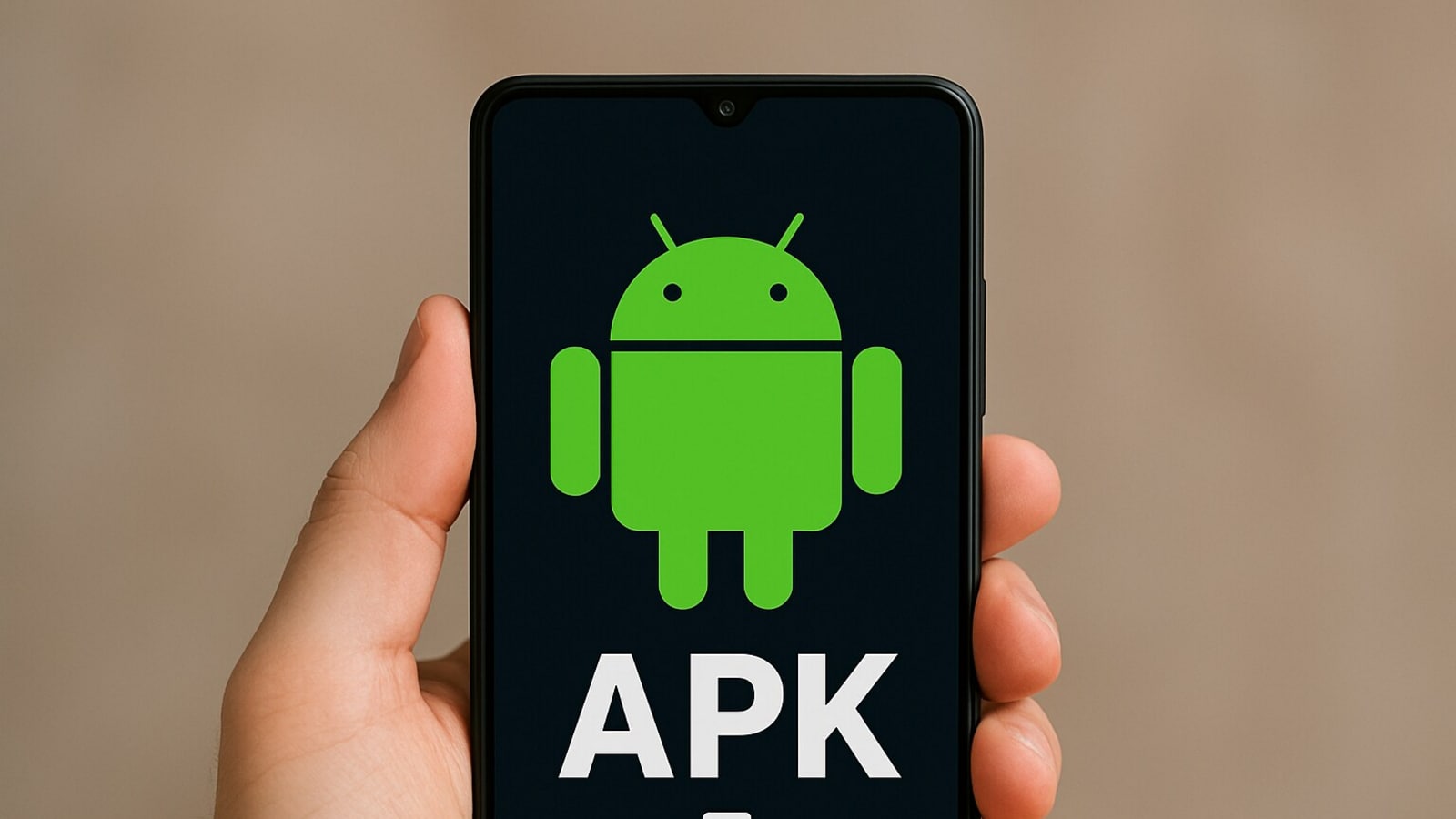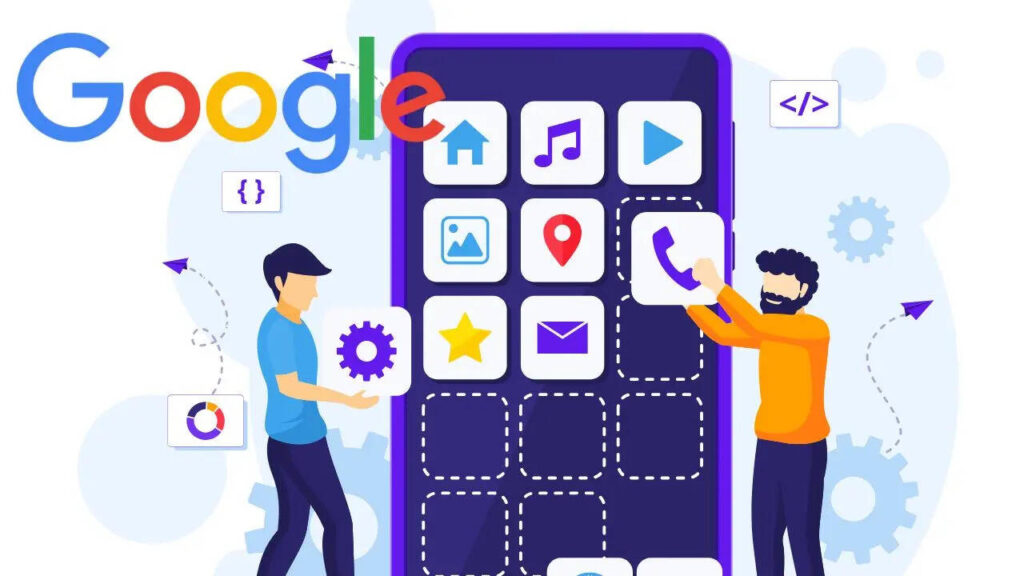Google is preparing one of the biggest shifts in Android’s history—a move that could reshape how millions of users install apps outside the Play Store. Starting October 2025, the new restrictions will enter a testing phase, with a global rollout targeted for 2027. At that point, developers will need verified identities to distribute apps, effectively shutting down the era of anonymous sideloading.
Why is Google Doing This?
Google insists the change is about protecting users from malware. According to a 2023 Kaspersky report, Android accounted for nearly 90% of mobile malware detections worldwide, largely due to apps sideloaded from unverified sources. By requiring verified developer identities, Google hopes to discourage the spread of virus-riddled or spyware-laden apps.
A Google spokesperson said the goal is to make Android “as safe as possible, without eliminating choice.” But not all users are convinced.

Backlash: Security at the Cost of Freedom?
On Reddit and other forums, the reaction has been intense. Phrases like “awful decision,” “close to a very dark place,” and even “I guess I’ll buy an iPhone” capture the sentiment. For many, Android’s openness and sideloading freedom have been its biggest advantage over Apple’s walled-garden ecosystem.
Some users speculate the crackdown could also be aimed at blocking ad-blocker apps for YouTube, a frequent source of friction between Google and consumers.
Past Consequences: Lessons From Apple & Others
Apple’s App Store-only model has often been criticized for stifling innovation and limiting user control. In fact, the EU’s Digital Markets Act (DMA) recently forced Apple to allow limited sideloading in Europe.
In 2019, a massive wave of “Agent Smith” malware infected over 25 million Android devices worldwide, mostly through sideloaded apps, exposing the real dangers of unregulated app installations.
Yet, critics argue that over-regulation leads to monopolies, where companies control both the distribution and monetization of apps.
The Future Threat: Innovation vs. Control
If Google enforces this globally by 2027, independent developers may face higher entry barriers, since anonymity has often protected small coders from harassment or legal risks. Regions like India and Southeast Asia, where sideloading is more common due to low internet costs and alternative app stores, could see the biggest disruption.

Experts also warn of a slippery slope:
Will this kill third-party app stores like APKMirror or F-Droid?
Will ad-blockers, emulators, and experimental apps disappear under Google’s stricter ecosystem?
And if Google controls app access, could this shift spark new antitrust battles, similar to Apple’s ongoing lawsuits in the EU and US?
Google is walking a tightrope between security and freedom. While the crackdown may save millions from malware, it risks alienating a core base of Android loyalists who value choice over control. With a global rollout set for 2027, the question remains: Will Android still feel like Android, or will it become another Apple-style walled garden?


